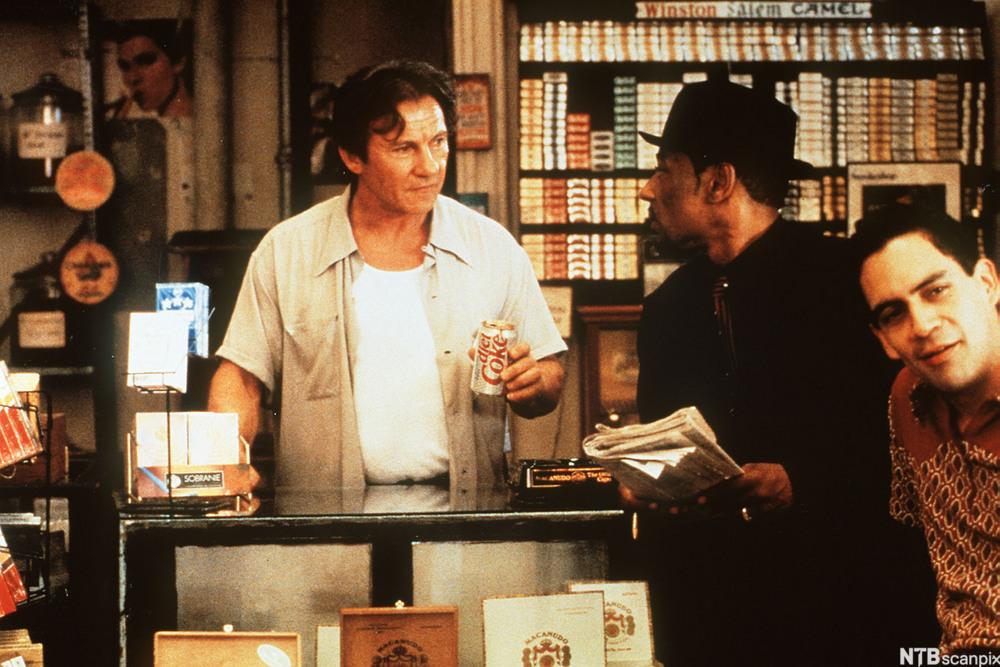Auggie Wren's Christmas Story by Paul Auster

In November 1990, Paul Auster received a phone call from the editor of the Op-Ed page in The New York Times. He told Auster that he had been toying with the idea of commissioning a work of fiction for the Op-Ed page on Christmas Day and wondered if Auster was willing to write it. Auster had never written a short story, and he was not sure he would be able to come up with an idea, so he had to think about it.

A few days went by, and just when he was about to give up, he opened a tin of his Schimmelpennicks, the little cigars he liked so well, and started thinking about the man who sold them in the cigar shop in Brooklyn. He started thinking about the kinds of encounters you have in New York with people you see every day but don’t really know. And little by little the story began to take shape in his mind. It literally came out of a tin of cigars.
The most well-known Christmas story is probably Charles Dickens's 'A Christmas Carol' which was written in 1843. But many countries have their own stories about Christmas.
Before you read the short story, reflect on the following questions:
Make a list of the Christmas stories that you know.
How would you characterise a traditional Christmas story? Which elements would you expect to find?
Here is a link to a pdf document of the short story from the webpage of Vanderbilt University, Texas. Link to the short story 'Auggie Wren's Christmas Story'
In this audio recording from NPR, you can listen to Paul Auster reading the short story 'Auggie Wren's Christmas Story'.
Related content
A set of activities that will help you better understand the short story 'Auggie Wren's Christmas Story'.